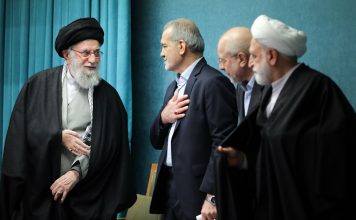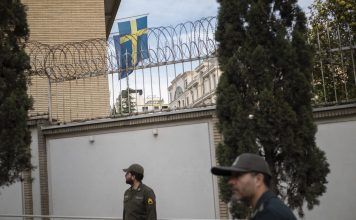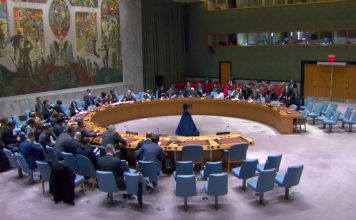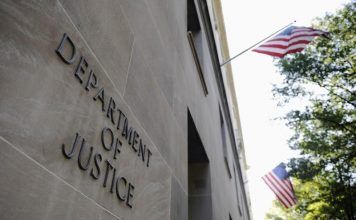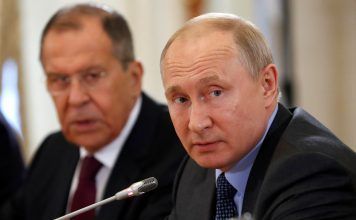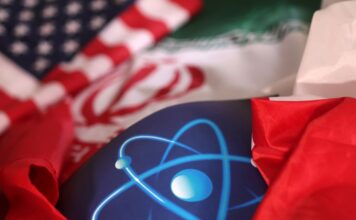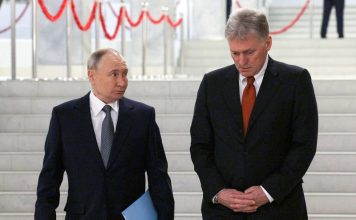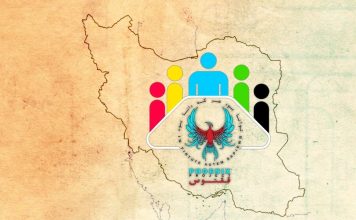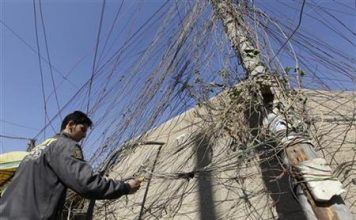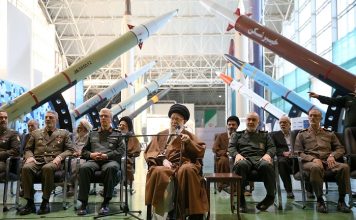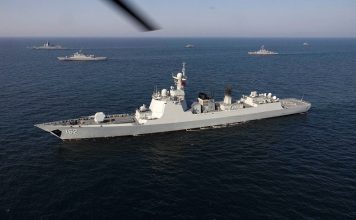By Ahmad Rafat
In the early morning hours of Oct. 26, Israel launched a series of attacks on facilities across three provinces in Iran as a retaliation for the missile strike conducted by the Islamic Republic on Oct. 1.
The primary aims of Israel’s assault were twofold: to incapacitate the air defense systems protecting oil and nuclear installations, and to hinder Iran’s missile program.
It is reasonable to assume that the attack on Oct. 26 set the stage for future Israeli military actions. The ball is in Iran’s court right now, and any further missile strikes against Israel could provoke a broader military response from Israel. However, such an escalation appears unlikely to occur before the Nov. 5 presidential election in the U.S.
EXCLUSIVE – Satellite Photos Show Israel Hit Iran Missile Fuel-Mixing Facilities, Researchers Say
In a speech given in the Knesset (the Israeli parliament) following the attack on Oct. 26, Israeli Prime Minister Benjamin Netanyahu said: “Our long-term plan is to dismantle the military capabilities of the coalition that the Islamic Republic has established both to the south and north of our nation, imposing high costs on Iran and its affiliated groups, while also ensuring that Iran does not obtain nuclear weapons.”
“By the conclusion of this conflict, Hamas will no longer govern Gaza, and Hezbollah from Lebanon will be absent from our borders,” he added.
At the present time, we are witnessing an end to the proxy conflict involving the Islamic Republic and Israel, which has been ongoing for nearly 40 years since the end of the Iran-Iraq War (1980-88).
With Hezbollah’s military capabilities in Lebanon significantly diminished and Hamas’s political and military influence in the Gaza Strip deteriorating, the Islamic Republic finds itself compelled to engage in an asymmetric yet direct confrontation with Israel. However, both nations are currently opting to postpone this direct conflict, even though they know that such a confrontation is unavoidable.
Israel currently faces two significant challenges regarding its ongoing conflict with the Islamic Republic. First, there is the upcoming presidential election in the U.S. on Nov. 5. Second, Israel is working to conclude its military engagements against the proxy forces of the Islamic Republic in the Gaza Strip and Lebanon.
In turn, Iran knows it would likely suffer defeat in a confrontation with Israel, particularly if the U.S. were to intervene either directly or indirectly in this conflict. Such a defeat could have dire implications for the Islamic Republic, potentially jeopardizing the stability of its ruling regime.
Therefore, the Islamic Republic aims to prolong the current situation, allowing it time to regroup and strengthen its proxy forces before re-engaging in hostilities against Israel. Following the attack by Israel on Oct. 26, there has been a rise in dissatisfaction within the Islamic Republic’s establishment, particularly among mid-level and senior officers of the Islamic Revolutionary Guard Corps (IRGC).
Some individuals perceive the lack of a response to the Israeli airstrike as indicative of the regime’s weakness, which could trigger discontent among proxy forces not only in Lebanon but also across the Palestinian territories, Iraq, and even Yemen. These senior and mid-level IRGC commanders believe that without the Axis of Resistance, the Islamic Republic risks undermining what remains of its authority.
The regional and global strategy of the Islamic Republic has been built on several key principles since its establishment, including the development of missile and drone capabilities, the establishment of extensive networks of proxy forces, and efforts toward building a nuclear arsenal.
US Warns Iran at UN of ‘Severe Consequences’ in Case of New Attacks
The Islamic Republic’s missile and unmanned aerial vehicle (UAV) capabilities have faced significant setbacks following Israel’s attack on Oct. 26, which was guided by satellite imagery. Israel’s assault has caused considerable damage to Iran’s missile and UAV programs, and the recovery process may be prolonged because of international sanctions.
Moreover, Iran’s proxy forces have been severely affected by the ongoing conflicts in Gaza and Lebanon, leading to a notable weakening of groups linked to the Islamic Republic.
Iran’s nuclear program remains secure at present. However, after the U.S. presidential election on Nov. 5, it may become a target for Israel’s subsequent military action in collaboration with the U.S.
Supporters advocating for a new missile strike on Israel have issued another warning to Iran’s Supreme Leader, Ali Khamenei. They argue that the recent attacks have diminished the Islamic Republic’s regional influence, which could lead to discontented citizens in Iran taking to the streets once again.
Each time protesters gathered they faced significant repression, and proponents of continuing the conflict suggest that the lack of retaliation following the Oct. 26 attack on Israel may be perceived as a sign of weakness.
They believe this perception shows that the regime cannot manage challenges both domestically and internationally simultaneously, potentially igniting a new wave of protests aimed at toppling the Islamic Republic.
Under the leadership of Khamenei as the primary decision-maker, the Islamic Republic finds itself at a crossroads.
A lack of response to Israel’s recent aggression could expose the vulnerabilities within the regime more starkly, whereas escalating the conflict with Israel through further missile strikes could exacerbate the ongoing economic crisis and heighten public discontent.
This uncertainty is evident in the remarks made by senior officials of the Islamic Republic. Iranian President Massoud Pezeshkian and Foreign Minister Abbas Araghchi have vowed to deliver a strong retaliation and have accused the U.S. of complicity in the recent Israeli actions.
In contrast, Ali Akbar Velayati, who previously served as foreign minister (from 1981 to 1997) and now advises Khamenei on foreign affairs, has suggested a “shift in foreign policy” aimed at “enhancing diplomatic ties” with Western nations, including America.

